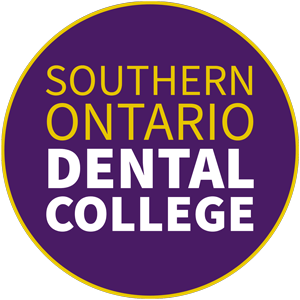Most of us know the basics when it comes to brushing our teeth. Experts say we should do so for two to three minutes, dividing our time between the upper and lower teeth.
You may have seen news stories and social media that suggest flossing isn’t an essential part of the teeth-cleaning process. Some have said it’s ineffective — and perhaps even detrimental — to your oral health.
This controversy shouldn’t be a massive debate, though. Does flossing help? Yes — here’s what we do and don’t know.
Failure to Floss Can Be Painful
Your biannual visit to the dentist can go one of two ways. It’s either simple and painless, or your gums start to bleed and ache during the exam.
If you fall into the latter category, chances are, you aren’t flossing — and your dentist knows it. Your basic dental hygiene routine should clean the outsides of your teeth and between them, too.
Flossing removes residue between teeth to keep them and your gums healthy. Without it, though, you’re likely to feel discomfort during a dental visit as your hygenist scours your mouth.
Flossing Can Reduce the Chances of Gum Disease
On that note, some studies have shown that flossing has benefits beyond a more comfortable experience at the dentist.
In one study, flossing — along with regular brushing — helped reduce the symptoms of mild gum disease. It worked more effectively than routine tooth-brushing, too.
This study didn’t look at more severe forms of gum disease, though. Periodontitis can cause tooth loss in adults if it gets too out of hand. But we do know that periodontitis begins with plaque build-up, and floss can help remove this sticky substance from teeth.
It’s Hard to Gauge All of the Flossing Benefits, Though
Although we do know some of the basics of floss’s effectiveness, experts still haven’t uncovered everything.
A lot of it comes down to how they research flossing habits and benefits. Many participants will not share the truth about their daily oral hygiene routine. Instead, they tell the researchers what they think they’re supposed to say, thus muddying the results of their studies.
The only studies that can genuinely show flossing’s effectiveness will monitor participants’ habits daily. This research has shown there to be positives to flossing regularly. But this type of study doesn’t often happen because it takes more time and money than, say, a questionnaire.
So, Does Flossing Help?
Ignore the posts online that say flossing is counterproductive. What research exists has shown it to be a positive addition to any oral hygiene routine. And hopefully, more detailed analysis in the future will solidify the answer to your question, does flossing help?
Want to help others improve their dental health through flossing and other positive habits? We train the next generation of dental hygienists and assistants. We also take patients for dental services — click here to contact us today about either option.
